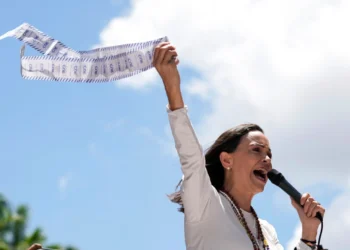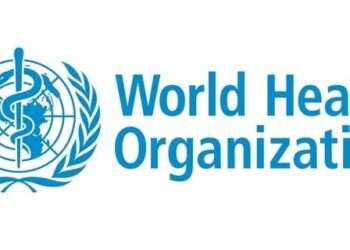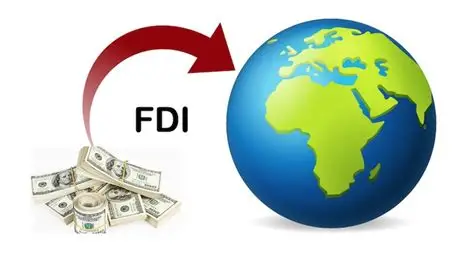The WTO commemorates 7 October as the first anniversary of World Cotton Day, an occasion to shine a spotlight on the sector’s importance to the livelihoods of millions of farmers, processors and traders around the world, particularly in Africa.
The WTO stated that ‘the Cotton-4 group’ comprising Benin, Burkina Faso, Chad and Mali, initiated the cotton sectoral initiative at the WTO with the aim of improving the global trade rules as they relate to cotton, and to shed light on the many linkages among trade, cotton and development.
The WTO explained that the World Cotton Day aims to highlight the numerous gains enabled by international trade in cotton, including: selling to consumers abroad; increasing foreign exchange earnings; attracting investment in local businesses; employing more workers; and fostering growth and technology transfer in the wider economy.
The WTO also highlighted the importance of cotton in the world in general and Africa in particular, through its role in job creation and economic development.
“While widely appreciated as a fibre used to make textiles and clothes, cotton is also used in the production of edible oils, animal feed and fuel. Cotton production, processing, and trade represent a key source of income for a number of economies worldwide. In many African least developed countries (LDCs), cotton is central to job creation and economic stability”.

The WTO has stated that it has taken several steps to promote cotton trade most especially by eliminating subsidies.
“At the WTO, members have taken meaningful steps to promote cotton trade. They have eliminated agricultural export subsidies, enhanced market access for cotton and cotton by-product exports from LDCs and worked to enable developing countries to benefit more from every step of the cotton value chain. Nevertheless, it is widely believed that more can be done to level the playing field for cotton producers, especially in LDCs.
“The annual World Cotton Day celebrations are an opportunity to recognize the importance of this global commodity – and to push forward with positive economic, development and sustainable trade policies”.
According to the WTO, for the 2020 edition, it “has established a dedicated webpage that brings together contributions from ministers, ambassadors, heads of organizations and the private sector on the importance of cotton and the relevance of World Cotton Day to their respective countries and organizations.
“The WTO has also set up a stand in its headquarters to celebrate cotton, with the distribution of souvenirs and information on cotton to staff and delegates”.
The importance of cotton to Cotton-4 countries
Cotton production is the source of livelihood to over 4 million farmers in Africa, of which around 1 million are located in the Cotton-4 countries.

For the Cotton-4 countries, cotton earnings represent between 8 to 12% of their annual Gross Domestic Production (GDP) and account for up to 40% of their total export revenue.
Current world cotton production is above 26 million tonnes from which more than 8 million tonnes are traded globally every year.
The Cotton-4 countries export approximately 800,000 tonnes of cotton per year, totaling around 10% of the total world cotton exports.























